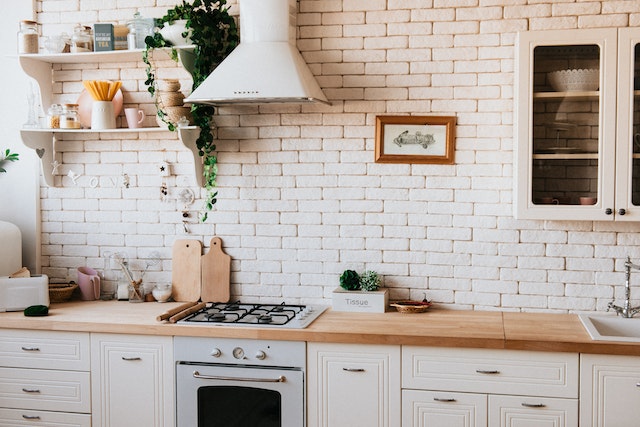In today’s world, sustainability has become an essential part of our lives. Sustainable kitchen practices are a great way to contribute towards a better and healthier planet. With some minor changes, we can make our kitchen eco-friendly without breaking the bank.
Here are some tips for eco-friendly and budget-friendly cooking:
Reduce food waste:
Food waste is a major problem around the world, and it is one of the leading causes of greenhouse gas emissions. To reduce food waste, you can plan your meals in advance and create a grocery list. You should also store your food properly to extend its shelf life. For example, storing fruits and vegetables in the refrigerator can help them last longer.
Use reusable containers:
Single-use plastic containers contribute to plastic pollution, which is harmful to the environment. Instead of using single-use containers, you can invest in reusable containers that you can use to store food. Glass jars, for example, are a great alternative to plastic containers.
Use a compost bin:
Instead of throwing away your food scraps, you can use them to create compost. Composting is a great way to reduce food waste and create nutrient-rich soil for your garden. You can use a compost bin or create your own compost pile in your backyard.
Buy local and seasonal produce:
Buying local and seasonal produce is not only good for the environment but also for your health. Local produce requires less transportation, which reduces greenhouse gas emissions. Seasonal produce is also more nutritious and often tastes better than produce that has been imported from other countries.
Use energy-efficient appliances: Energy-efficient appliances can save you money on your energy bill and reduce your carbon footprint. When buying appliances, look for the Energy Star label, which indicates that the appliance is energy efficient.
Reduce water waste:
Water is a precious resource, and we should do our best to conserve it. To reduce water waste, you can install a low-flow faucet or showerhead. You should also fix any leaks in your kitchen sink or dishwasher.
Cook from scratch:
Cooking from scratch is not only healthier than eating processed food, but it is also better for the environment. Processed food often comes in single-use packaging, which contributes to plastic pollution. When you cook from scratch, you can use reusable containers to store your food.
Use a pressure cooker or slow cooker:
Pressure cookers and slow cookers are great energy-saving appliances. They use less energy than conventional stovetops and ovens. They also allow you to cook food in bulk, which can save you time and money.
Use cloth towels instead of paper towels:
Paper towels contribute to deforestation and landfill waste. You can reduce your use of paper towels by using cloth towels instead. Cloth towels are reusable and can be washed and reused many times.
Buy in bulk:
Buying in bulk can save you money and reduce packaging waste. You can buy bulk items like rice, beans, and pasta and store them in reusable containers. This can also save you time since you won’t have to go to the grocery store as often.
Conclusion
Sustainable kitchen practices are easy to implement and can have a significant impact on the environment. By reducing food waste, using reusable containers, composting, buying local and seasonal produce, using energy-efficient appliances, reducing water waste, cooking from scratch, using pressure cookers or slow cookers, using cloth towels instead of paper towels, and buying in bulk, you can create an eco-friendly and budget-friendly kitchen. These small changes can add up over time and help create a better and healthier planet for future generations.




